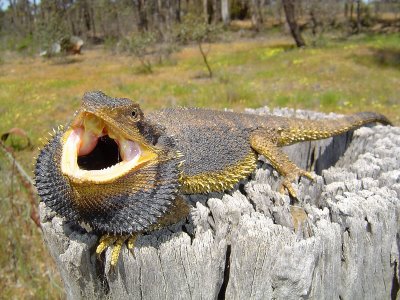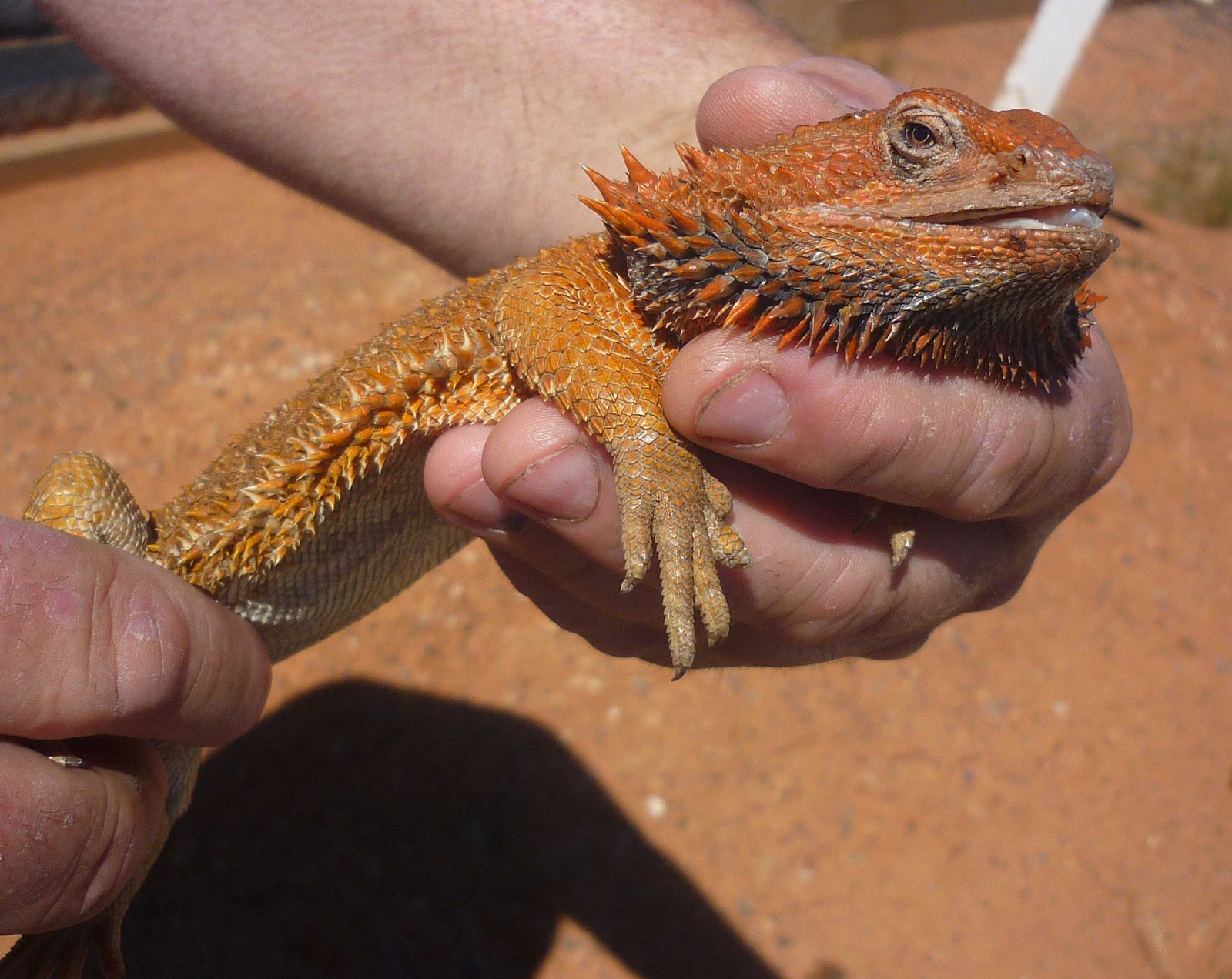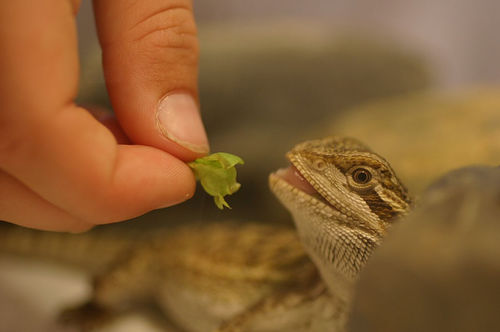10 Common Bearded Dragon Health Issues Every Owner Should Know About
Introduction
Bearded dragons are one of the most rewarding pets to own. They are friendly, low-maintenance, and have unique personalities. Just like any other pet, bearded dragons are prone to some health issues that you should be aware of as an owner. In this blog post, we will discuss ten common bearded dragon health issues and how to identify and treat them.
1. Metabolic Bone Disease (MBD)
MBD is a common condition among reptiles, including bearded dragons. It is caused by a deficiency of calcium and vitamin D3 in their diet. This deficiency leads to weak and brittle bones, which can cause deformities, fractures, and even death. Signs that your bearded dragon may have MBD include swollen limbs or jaw, difficulty walking, and a curved spine.

To prevent MBD, make sure your bearded dragon is getting a balanced diet that includes calcium and vitamin D3. Use a UVB light to help them synthesize vitamin D3. If your bearded dragon has already developed MBD, you should consult with a reptile veterinarian for treatment.
2. Parasites
Bearded dragons can have a variety of parasites, including mites, ticks, and worms. Parasites can cause weight loss, lethargy, and diarrhea. If you suspect that your bearded dragon has parasites, you should have them examined by a reptile veterinarian. They will perform a fecal exam and prescribe medication to treat the parasites.

3. Impaction
Impaction occurs when a bearded dragon ingests something that their digestive system cannot pass, such as sand or small rocks. Impaction can cause lethargy, loss of appetite, and constipation. To prevent impaction, use substrates that are safe for bearded dragons, such as newspaper or reptile carpet. If you suspect that your bearded dragon has impaction, consult with a reptile veterinarian for treatment.
4. Respiratory Infections
Bearded dragons are prone to respiratory infections, which can be caused by poor husbandry, such as incorrect temperatures or humidity levels. Symptoms of respiratory infections include wheezing, coughing, and nasal discharge. If you suspect that your bearded dragon has a respiratory infection, you should consult with a reptile veterinarian for treatment.
5. Mouth Rot
Also known as infectious stomatitis, mouth rot is a bacterial infection that affects the mouth of bearded dragons. It is often caused by poor husbandry, such as dirty water or a dirty enclosure. Symptoms of mouth rot include swollen, reddened gums, and difficulty eating. If you suspect that your bearded dragon has mouth rot, consult with a reptile veterinarian for treatment.

6. Shedding Problems
Bearded dragons shed their skin periodically, and shedding problems can occur if the enclosure is too dry or if the bearded dragon is not receiving the proper nutrition. Signs of shedding problems include retained shed, which can cause constriction, circulation problems, and infection. To help your bearded dragon with shedding, you can provide a humid hide and make sure they are getting enough moisture in their diet.

7. Egg Binding
Egg binding occurs when a female bearded dragon has difficulty laying her eggs. This condition can be life-threatening and requires immediate veterinary attention. Signs of egg binding include lethargy, loss of appetite, and straining to lay eggs.

8. Gout
Gout is a metabolic disease in which uric acid crystals accumulate in the joints and tissues of bearded dragons. This condition is often caused by poor diet and dehydration. Signs of gout include swelling and pain in the joints, and lack of mobility. If you suspect that your bearded dragon has gout, consult with a reptile veterinarian for treatment.

9. Dehydration
Bearded dragons can become dehydrated if they are not provided with enough water or if the temperatures in their enclosure are too high. Signs of dehydration include sunken eyes, dull skin, and lethargy. To prevent dehydration, provide your bearded dragon with fresh water and a humid hide.

10. Brumation
Brumation is a natural process that occurs in bearded dragons during the winter months. It is similar to hibernation and can last several weeks to several months. During brumation, bearded dragons slow down their metabolism and reduce their appetite. If your bearded dragon is brumating, make sure to provide them with a warm, quiet place to rest.
Conclusion
As a beginner owner, it is important to be aware of common bearded dragon health issues and how to identify and treat them. By monitoring your bearded dragon’s health and providing proper husbandry, you can help them live a happy and healthy life. If you have any concerns about your bearded dragon’s health, consult with a reptile veterinarian for guidance.
